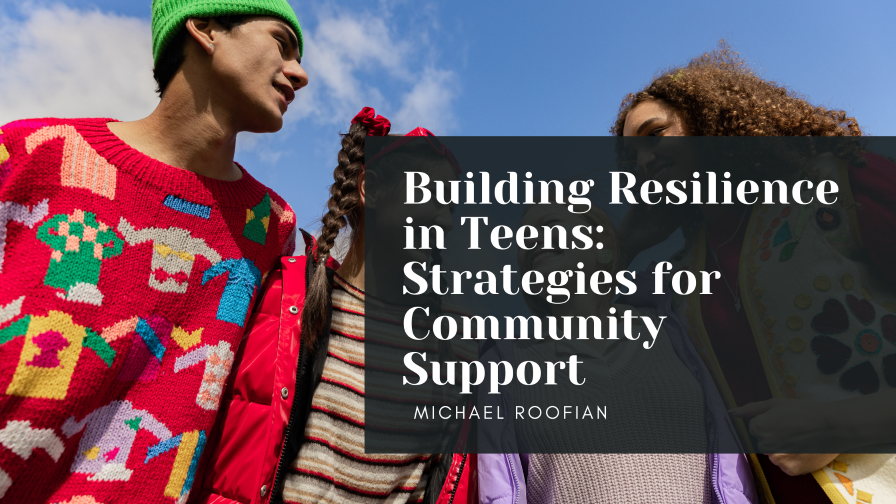Adolescence is a time of rapid change and self-discovery, and building resilience in teens is crucial for their emotional well-being and long-term success. A resilient teen can navigate challenges with adaptability and bounce back from setbacks. Community support is pivotal in fostering resilience, providing a solid foundation for teens to face life’s inevitable ups and downs. In this blog, we explore practical strategies for communities to contribute to the resilience-building process in teenagers.
Promoting Positive Relationships: Healthy relationships are fundamental to resilience. Communities can create spaces that encourage positive teen interactions and foster a sense of belonging and emotional support. Clubs, mentorship programs, and community events provide platforms for teens to build connections and establish a network of trust.
Encouraging Open Communication: Establishing an environment where open communication is valued is essential. Teens should feel comfortable expressing their thoughts, concerns, and emotions without fear of judgment. Community leaders, parents, and educators can facilitate forums for dialogue, creating spaces for teens to share their experiences and learn from one another.
Providing Access to Mental Health Resources: Mental health is critical to resilience. Communities can offer accessible mental health resources, including counseling, support groups, and educational programs. Reducing the stigma associated with seeking mental health assistance is vital in encouraging teens to prioritize their emotional well-being.
Cultivating a Growth Mindset: Fostering a growth mindset encourages teens to view challenges as opportunities for learning and growth rather than insurmountable obstacles. Community initiatives, workshops, or educational programs emphasizing the power of resilience and the ability to develop skills over time contribute to building a positive mindset among teens.
Teaching Problem-Solving Skills: Resilience is closely linked to problem-solving skills. Communities can organize workshops or activities that challenge teens to think critically, make decisions, and solve problems independently. These experiences contribute to developing resilience by instilling confidence in their ability to overcome difficulties.
Encouraging Healthy Coping Mechanisms: Helping teens develop healthy coping mechanisms is crucial for resilience. Community programs can introduce activities such as mindfulness, physical exercise, or creative outlets that provide constructive ways for teens to manage stress and build emotional resilience.
Setting Realistic Expectations: Community leaders and educators can play a role in setting realistic expectations for teens, acknowledging that setbacks are a natural part of life. Emphasizing that it’s okay to face challenges and that growth often arises from adversity helps teens develop a resilient mindset.
